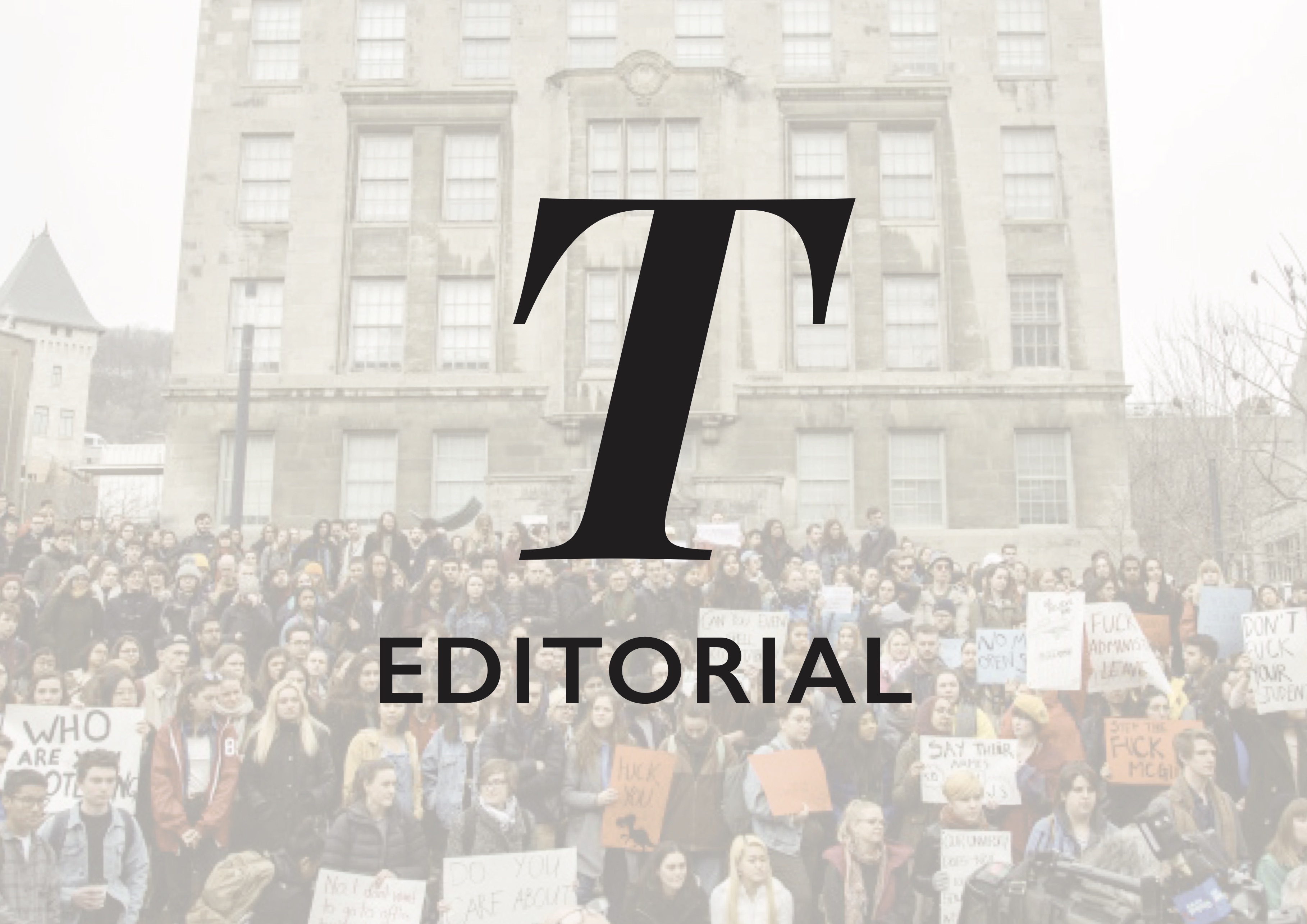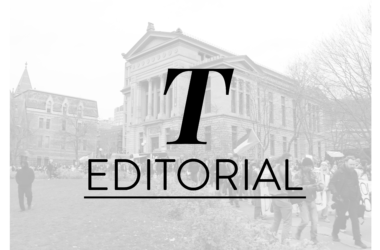For the McGill Redmen, a new year might mean a new name. The Working Group on Commemoration and Renaming released its final report on Dec. 7, closing out a year-long series of consultations with campus stakeholders including students, alumni, community leaders, and indigenous groups. Created in Dec. 2017 at the recommendation of the Provost’s Task Force on Indigenous Studies and Indigenous Education—before the #ChangeTheName campaign began—the Working Group was mandated to create a set of broad, general principles to guide McGill’s decision-making about naming and renaming buildings, sports teams, and monuments among other things. While many of the report’s recommendations are sound, none of them are ground-breaking. However, the greatest weakness of the report, and the Working Group as a whole, comes from its paltry mandate. Principles, while necessary, are not a substitute for measurable, concrete policy recommendations in holding decision-makers accountable, and the Working Group is an extension of an already-lengthy process to rename McGill’s varsity teams. If McGill wants to consult students in good faith, it needs to stop relying on distracting, repetitive, bureaucratic measures that only delay necessary change.
The report stands in stark contrast with that of the Provost’s Task Force on Indigenous Studies and Indigenous Education, released in 2017. In addition to recommending the creation of the Working Group in question, the provost’s Task Force issued 52 actionable recommendations as to how McGill could actively pursue and commit to reconciliation. Examples include increased funding for indigenous students and outreach into indigenous communities. The Working Group’s report, on the other hand, is largely limited to elementary observations expressed in pallid, public relations–style language.
It is easy to measure an institution’s compliance with concrete policy prescriptions; the same is not true of abstract principles. An indisputable example is that McGill failed to fulfill Call to Action 26 from the Provost’s Task Force’s report, which recommended the installation of indigenous art in the newly-renovated Leacock terrace. In the absence of even the most basic objective benchmarks, holding McGill’s decision-makers, such as its Board of Governors, accountable is far more challenging.
The report is limited by the weak mandate that Provost and Vice-Principal (Academic) Christopher Manfredi provided them with in Dec. 2017. The Working Group’s problems began before its composition was even finalized: While the Provost’s Task Force recommended that consultations begin with the goal of changing the Redmen name, the Working Group was not given the mandate to comment on, much less decide the fate of, any specific commemoration practices at McGill. Furthermore, only two of the Working Group’s 14 members were students; one undergraduate and one graduate, and none of the Working Group members were indigenous.
Still, the Working Group’s report amplifies students’ frustration with this deliberately slow process. The report even calls upon McGill to be open, transparent, and timely in its decisions about naming and commemoration practices and quotes several students who expressed their disappointments in the lack of change so far.
“[The] constant creation of committees that continue to re-create the work of other committees directly contradicts the University’s mission statement,” writes a McGill student who authored a written submission to the Working Group, “[and creates an] overarching culture of mistrust.”
Another student voiced their concern that many of their colleagues see McGill’s administration as trying to simply outlast community leaders, rather than engage them in genuine dialogue. There is little evidence to suggest otherwise. Open discussions and concrete commitments come with the responsibility of taking action—which is something that, as evidenced by the Working Group’s mandate, McGill fails to do with regard to indigenous issues.
The report also does well acknowledging that, with an issue as fraught and symbolic as naming and commemoration, experiences matter as much as historical record. Although there is debate over the original meaning of the men’s varsity sports team name, that does not alter the fact that many indigenous students find it deeply offensive.
Initiatives like the recent increase in funding for bursaries, scholarships, and awards for indigenous students show that McGill is capable of meaningfully supporting reconciliation. However, student consultation efforts remain little more than a pantomime. Groups and campaigns like SSMU Indigenous Affairs, #ChangeTheName, and the First Peoples’ House that support indigenous students in the absence of high-level administrative response deserve full recognition.
Real dialogue involves not just the ability to express one’s views, as was the case with the Working Group, but the possibility of real action coming out of the process. This will not end with renaming buildings, monuments, or even the men’s varsity team; McGill needs to adopt a more streamlined and concise approach to decision-making. Endless bureaucracy, weak mandates, and vague recommendations only give the appearance of progress.





